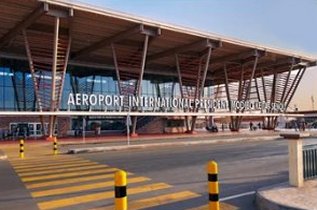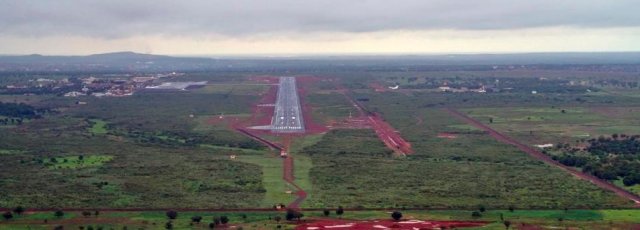|
Bamako Airport |
Bamako Airport |
Bamako Airport | Bamako Airport |
For information, videos and photos of the West African country of Mali, check out our Mali pages.
More >
 |

|
The network of operating airlines and destinations underscores the airport's strategic importance as a regional and intercontinental hub. Historically, Air France has maintained a vital connection to Paris, a route steeped in colonial history but now serving as a primary link to Europe for business, tourism, and the Malian diaspora. Turkish Airlines has also established a significant presence, connecting Bamako to the world via its massive Istanbul hub, opening up countless onward travel possibilities to Asia, the Middle East, and the Americas. On the African continent, a robust network of carriers links Mali to its neighbours. Ethiopian Airlines, Africa’s largest airline, connects Bamako to its Addis Ababa hub, providing a key gateway to East Africa and beyond. Regional powerhouses like Air Côte d'Ivoire, ASKY Airlines, Royal Air Maroc, and Air Algérie provide frequent flights to major West and North African cities such as Abidjan, Lomé, Dakar, Casablanca, and Algiers, facilitating crucial intra-continental trade and travel. In the years leading up to 2020, the airport catered to a steadily growing number of passengers, handling well over 900,000 travellers annually. These figures reflect the airport's role in a growing economy and its function as a transit point for international personnel involved in development and security missions. However, like all airports worldwide, it faced significant downturns due to the COVID-19 pandemic. Furthermore, the complex political and security situation in Mali has, at times, impacted flight frequencies and airline confidence, demonstrating the delicate interplay between national stability and international connectivity. Despite these challenges, the airport has remained operational and continues to be a lifeline for the country. More than just a hub for passenger travel, Modibo Keita International Airport is a critical engine for the Malian economy. As a landlocked nation, Mali is heavily reliant on air freight for the import of time-sensitive and high-value goods, including pharmaceuticals, electronics, and industrial equipment. Similarly, it serves as an export channel for Malian products seeking international markets. The airport is a significant employer, providing jobs directly in aviation services and indirectly in connected industries like tourism, hospitality, and logistics. It is the conduit through which foreign investment, humanitarian aid, and diplomatic missions arrive, making its smooth operation a matter of national strategic interest. |







